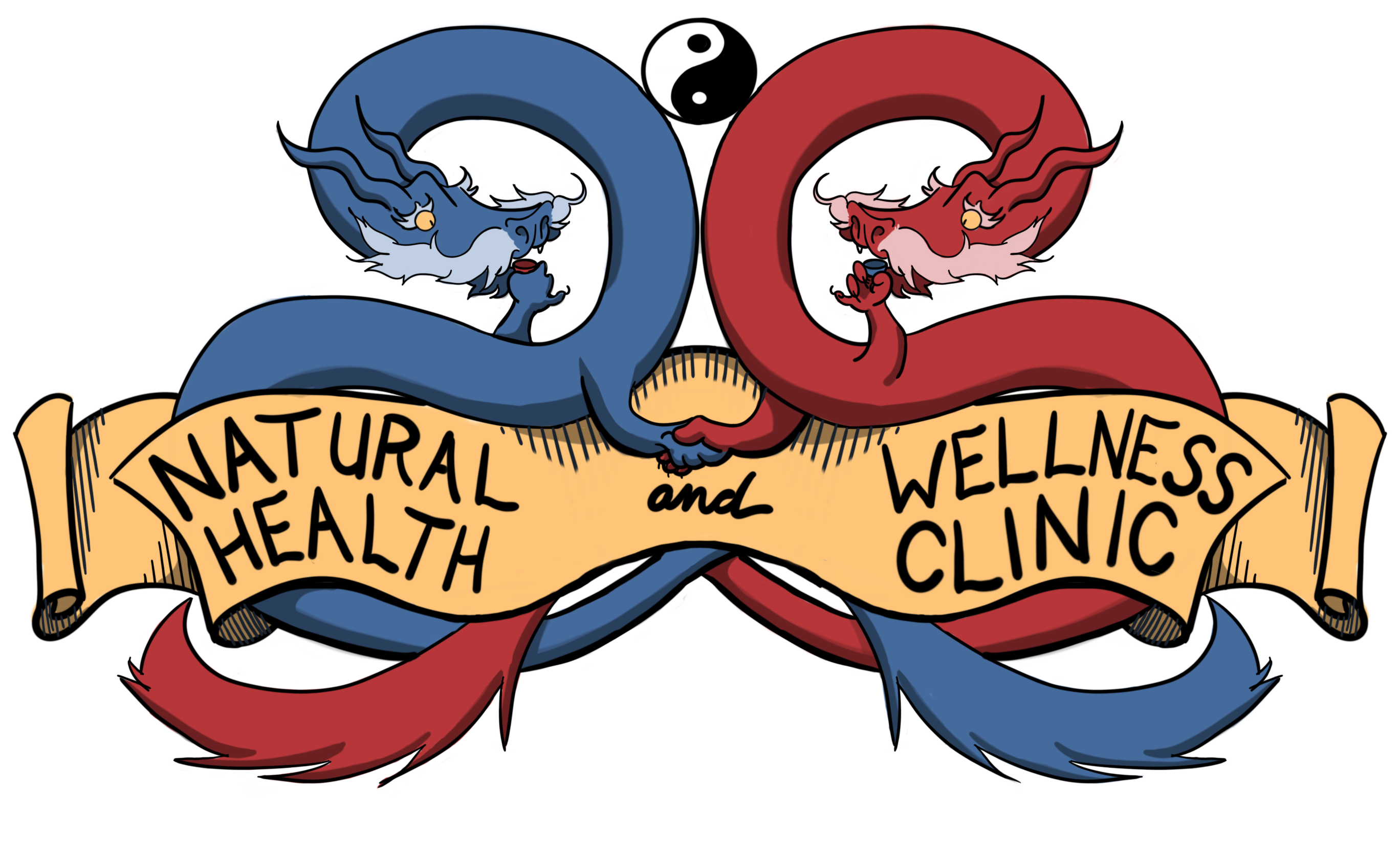Fibromyalgia (also called fibromyalgia syndrome or FMS) is a chronic condition that causes pain and tenderness in the muscles, ligaments, and tendons all over the body with no obvious signs of inflammation or damage.
It is estimated to affect 2–4% of the population, with a female to male incidence ratio of approximately 9:1. The condition can occur in people of any age, but most commonly develops between the ages of 30 and 60.
People with fibromyalgia can experience a wide range of symptoms, including burning or aching pain in various regions of the body, muscle tenderness and stillness, headaches, fatigue, difficulty sleeping, and intestinal bowel symptoms.
There is no specific test to detect this disease. Diagnosis is usually based on the symptoms and blood tests or X-rays to rule out other health conditions.
The exact cause of fibromyalgia remains unclear, but it is believed to result from the abnormal activation of the brain’s pain processing centers, or the way pain messages are carried and received in the body is disturbed. Common triggering and aggravating factors include:
- Emotional distress
- Sleep disturbances
- Genetic factors
- Low levels of hormones such as noradrenaline, serotonin, and dopamine
- A viral or bacterial infection
- Changes in the weather
- Spinal problems, injury or trauma
- Inflammatory disorders such as rheumatoid arthritis
- Metabolic disturbances such as an underactive thyroid
Fibromyalgia has many different symptoms, although the main symptom is widespread pain and tenderness. The symptoms tend to vary from person to person and will wax and wane over time. The intensity can be mild, moderate, or severe. Many people find the symptoms are worst first thing in the morning and last thing at night. The most common symptoms include:
- Pain in various regions of the body, including joints
- Tender points – abnormally sensitive to touch, with certain areas being super-sensitive
- Stiffness or spasm of muscles
- Fatigue
- Poor sleep – waking up not refreshed
- Cognitive disorders – problems with memory and concentration, slowed or confused speech
- Headaches
- Irritable bowel syndrome (IBS)
- Other symptoms such as anxiety, depression, feeling hot and cold, tinnitus, Irritable or overactive bladder, restless legs, and tingling, numbness, or burning sensations in the hands and feet
According to Traditional Chinese Medicine, fibromyalgia is caused by a blockage in the flow of Qi and blood throughout the pathways in the body.
Qi in TCM is the vital energy that flows through the body’s meridians (specific pathways) and provides nourishment for the entire body. When healthy, an abundant supply of Qi flows freely throughout the body, resulting in pain-free living. If the flow of Qi in the meridians becomes blocked or there is an inadequate supply of Qi, then the body fails to maintain harmony, balance, and order, disease follows and the pain starts. TCM theory explains the cause of pain as “where there is a blockage in the meridian, there is pain; where there is malnutrition of the area, there is pain”.
Acupuncture and Chinese medicine are proven to be safe and effective treatments for fibromyalgia.
Chinese medicine treatment takes into account your entire physical and medical history. During the first consultation, we will do a full assessment of your health condition according to your full medical history, clinical symptoms, diet, and lifestyle habits as well as your emotional health. We will also examine you with the unique Chinese medicine diagnosis approach including tongue check and pulse palpation, to determine the root cause of the problem according to TCM theory.
Once a diagnosis is reached, a treatment plan will be tailored according to the individual signs and symptoms differentiation. We aim to eliminate the pain and associated symptoms and address the root causes of the condition effectively by balancing the body’s Yin and Yang and adjusting the circulation of the Qi and blood.
Resources:
https://www.ncbi.nlm.nih.gov/pmc/articles/PMC3110829/




